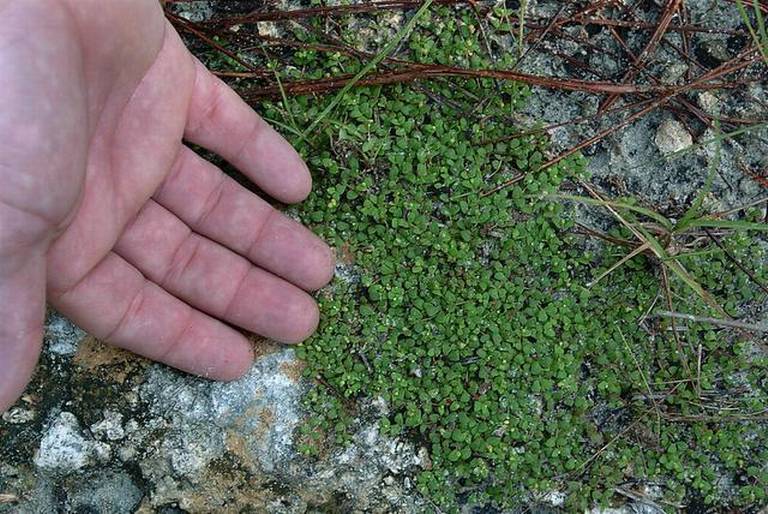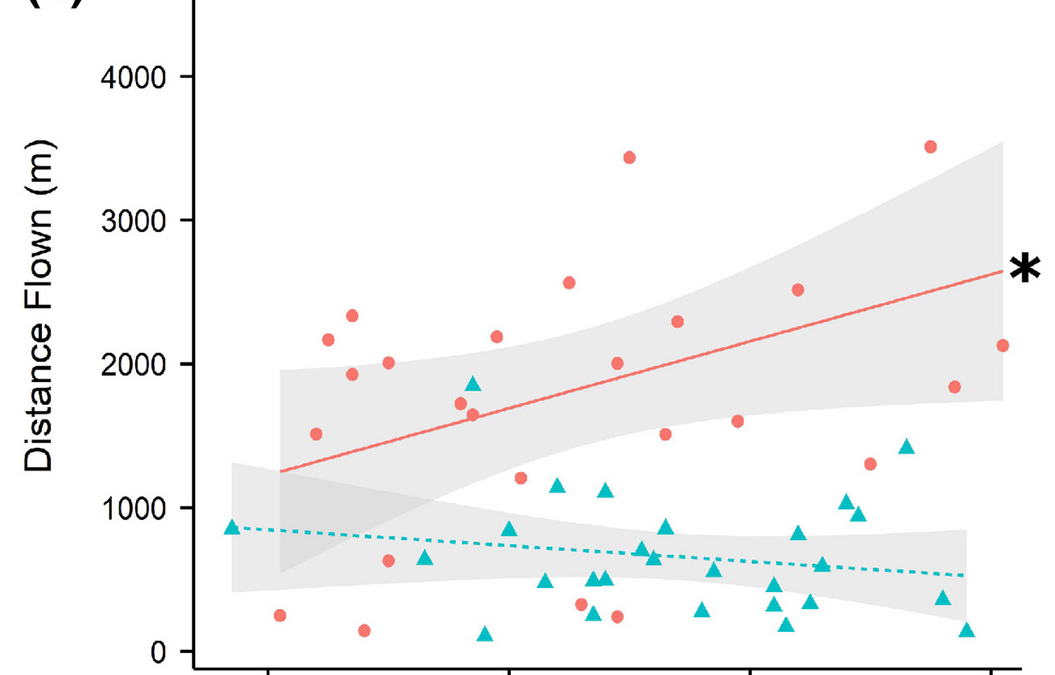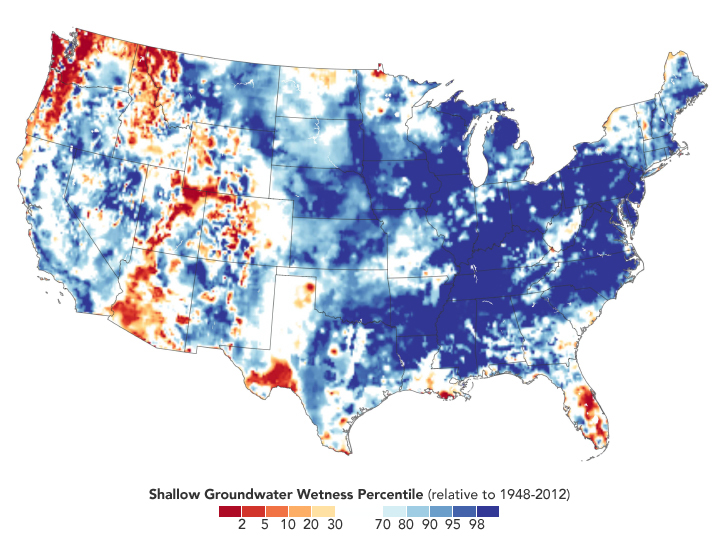Activists lose last legal battle to protect rare Miami forest from Walmart development
By Adriana Brasileiro
19 June 2019
MIAMI (Miami Herald) – Activists fighting to preserve a slice of one of the world’s rarest forests lost what was likely the last legal battle to stop the imperiled ecosystem from turning into a Walmart-anchored development.
One of the last remnants in Miami-Dade of pine rockland, a forest that is home to the endangered Miami tiger beetle and more than 20 protected species of animals and plants found no place else, is being reduced to two small preserves within Coral Reef Commons, a mixed-use project spread across about 140 acres next to Zoo Miami. A 2017 lawsuit challenging the project’s zoning process was struck down last week, clearing the way for the big-box store to replace plants like the deltoid spurge, a tiny endangered herb that is only found at that spot.
The legal hearing was too late to save much of the forest anyway. Bulldozers have already cleared much of the ground, and the concrete foundation of a strip mall can be seen from Coral Reef Drive, near the entrance of the site. One morning this week, workers were laying the roof on dozens of three-story buildings that seem near completion.
For years, environmentalists and private citizens have tried to protect the shrinking ecosystem that exists only in south Miami-Dade. The Richmond pine rockland, a sparse forest dotted with slash pines, is inhabited by more than 20 protected plants and animals. One of its endangered residents, the iridescent Miami tiger beetle, is so rare it hadn’t been seen for decades until it was rediscovered on the site in 2007.

The forest once covered much of the 55-mile-long rock ridge that stretches south from central Miami to Homestead. Paved over by development, small patches survived, making up about 3,000 acres outside Everglades National Park, or about 2% of the original area. […]
Endangered butterflies such as the bright orange Florida Leafwing and the gray Bartram’s Hairstreak, whose wings have thin white and black lines with tiny splashes of rust, also call this habitat home. The University of Miami, which received the land as a donation from the federal government in the ‘80s and ‘90s, sold a portion to Peter Cummings, founder of Palm Beach-based Ram Realty Services, for $22 million in 2013. The developer angered environmentalists a year later when he unveiled a plan for a mall and apartment buildings in the area. [more]
Activists lose last legal battle to protect rare Miami forest from Walmart development



We need the forest more than we need another Walmart selling cheap Chinese products.